
Star UK business names used to promote cryptocurrency scam
In a classic example of social engineering, well-known names from the BBC's Dragons' Den TV series and others are being used to advertise a cryptocurrency scam.
Websites claiming to offer cryptocurrency investments are using images and false recommendations from prominent individuals including Deborah Meaden and Peter Jones from Dragons' Den, and Martin Lewis, the founder of MoneySavingExpert.com, without their consent.
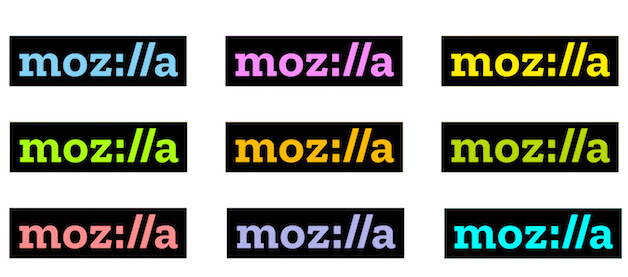
Mozilla pulls advertising from Facebook
Mozilla is not happy with Facebook. Not happy at all. Having already started a petition to try to force the social network to do more about user privacy, the company has now decided to withdraw its advertising from the platform.
The organization is voting with its money following the misuse of user data by Cambridge Analytica, as it tries to force Facebook into taking privacy more seriously.

Twitter to ban an array of cryptocurrency ads
Just a few days ago, it was revealed that Google plans to ban ads for cryptocurrencies and related products and services later this year. Now it seems as though Twitter could be following suit.
The plans could see the social network implementing a ban on ads for ICOs and almost all cryptocurrencies. It is reported that Twitter's ban could come into force within a couple of weeks.
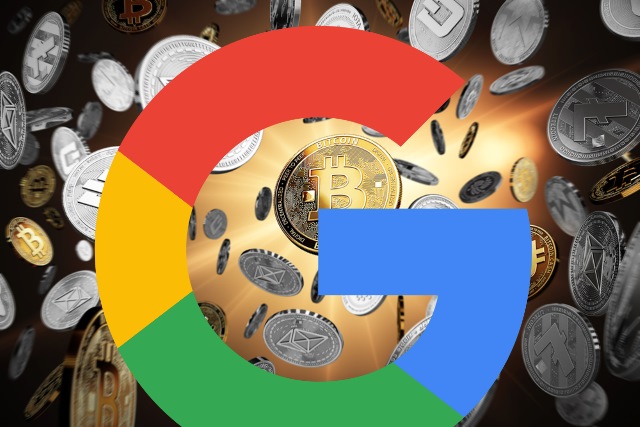
Google slaps a ban on cryptocurrency ads
Google has announced that advertisements for cryptocurrencies will be banned from its platform starting in June. The ban not only covers currencies such as Bitcoin and Ethereum, but also related products such as initial coin offerings, cryptocurreny exchanges and digital wallets.
The announcement came as Google is relying on new technology to detect and remove ads that violate policies. The company says it removed over 3.2 billion ads in 2017, and while it does not give a precise reason for the cryptocurrency ad ban, it says it is part of "improving the ads experience across the web."

Ad-blocker and privacy tool Ghostery goes open source, and has new ways to make money
In an attempt to improve trust and transparency, ad-blocking tool Ghostery has gone open source. It comes after Ghostery was acquired by Cliqz last year and raised a few eyebrows with the business model it put in place.
As well as going open source, Ghostery is also introducing new ways of making money. Rather than selling anonymized user data to third parties, there are now two income streams: Ghostery Insights and Ghostery Rewards. The former is a premium product for which details have not been revealed, the latter an opt-in marketing system.

Advertisers pull ads from Alex Jones' YouTube channel because they don't want to be linked to InfoWars
Just over a week ago, YouTube decided to remove an InfoWars video from the Alex Jones' channel for breaching site rules about harassment. In videos, students who had spoken on TV about the Parkland, Florida shooting were described as "crisis actors". Jones described the move as "giant, massive censorship" and went as far as saying his channel was about to be shut down.
Now advertisers are showing how they feel about InfoWars, with a number of large companies -- including Acer, 20th Century Fox, Grammarly, Paramount Network, Alibaba and Mozilla -- pulling advertising after learning that their ads were appearing on Jones' channel.
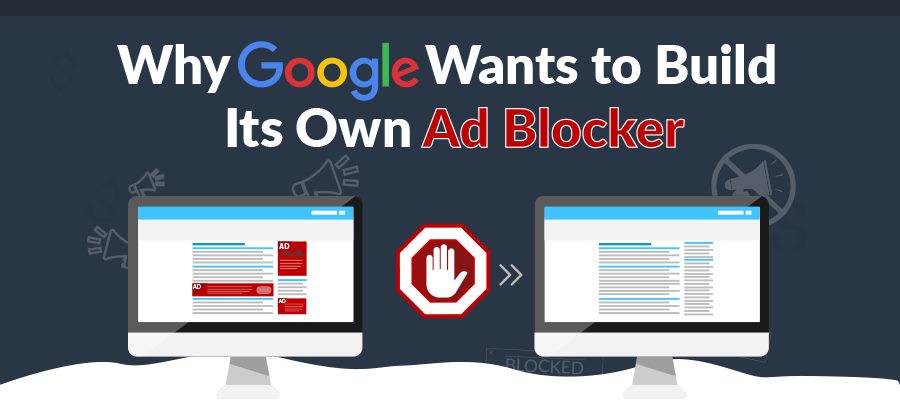
Why Google is building its own ad blocker
As one of the major players in online advertising it might seem surprising that Google is introducing its own ad filtering feature to Chrome.
Partly though this is a fight back against the increasing use of ad blockers that block Google’s own ads and is aimed at the most annoying ad types like pop ups and autoplay videos. Internet marketing company TechWyse has put together an infographic explaining the thinking behind Google’s decision.
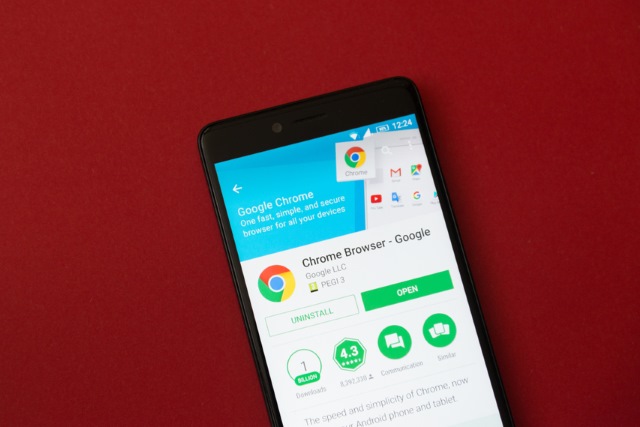
Google explains how Chrome's new ad filtering feature works -- and why it's not your new ad blocker
Despite the fact that Google has a vested interest in online advertising, the company is about to enable its own built-in ad blocker (of sorts) in Chrome. Starting tomorrow, 15 February, the Chrome browser across all platforms will feature ad filtering to cut out those advertisements that fail to comply with the Better Ads Standards.
This is something that Google has talked about before, but ahead of the ribbon-cutting, the company has revealed how the feature works and what it means for Chrome users. The first thing to note is that it does not mean you should ditch your current ad blocker.

Amazon offers refunds to people who paid to remove ads from Prime Exclusive Phones
For anyone looking to bag a bargain-priced handset, Amazon Prime Exclusive Phones were a great idea. There was just one drawback: lockscreen ads. Of course, there was the option to pay to hide the advertising, but that sort of negated the benefit of the initial low price.
Last week, Amazon announced it was going to get rid of these ads. This is great news for owners of Prime Exclusive Phones, but it irked people who had paid for ad removal. Now Amazon has announced that it will be offering refunds to anyone who parted with money to hide ads.

Facebook accused of violating city campaign finance law in Seattle
The election authority in Seattle says that Facebook has violated city finance laws. Regulations are in place that require the company to reveal who paid for campaign ads on the social network.
The Seattle Ethics and Elections Commission is seeking information about advertising spending for city elections that took place last year. Facebook risks a fine of up to $5,000 per ad if this information is not provided.

Facebook bans ads for cryptocurrencies and ICOs
Facebook has announced a new advertising policy which ban ads for cryptocurrencies such as Bitcoin. The ban also applies to ICOs because they are "frequently associated with misleading or deceptive promotional practices."
The social network says that the new policy is a part of a drive to improve the "integrity and security of financial product and services ads," but it explains that it is keeping its guidelines "intentionally broad" to start with.

Google grants users more control over ads
Google is a company that's synonymous with advertisements. It makes huge amounts of money from delivering carefully targeted ads, much to the chagrin of those on the receiving end. To make life a little more bearable -- although not ad-free -- the company is making changes to Ads Settings and the Mute This Ad feature.
The changes affect not only the millions of websites that are filled with ads delivered through Google, but also the myriad of apps that are ad-supported. The latest changes make it possible to mute ad reminders, and also increases the level of control users have over ad muting.

Mobile ads shift to using video as spending doubles
With consumers spending more of their smartphone time in apps worldwide, in-app advertising continued to be the main growth area in worldwide mobile ad spending and video ads are increasingly dominant.
Data from real-time advertising platform Smaato reveals in-app ad spend taking at least 85 percent of mobile ad spending in each of the top 20 mobile advertising markets worldwide.

TVAddons: Streaming through Kodi addons protects you from malware and cryptocurrency miners
Kodi has been the subject of controversy for some time, and addon repository TVAddons has, in particular, been criticized from many quarters. Having recently announced that it will no longer proactively check for pirated content, TVAddons is suggesting that there's a very good reason to use Kodi addons to stream online content -- security.
The site says that one of the reasons Kodi is so hated by the industry is that addons give users the chance to avoid advertisements and "all forms of monetization." TVAddons says that Kodi addons not only enable people to avoid ads, but also potentially dangerous malware and secretive cryptocurrency miners.
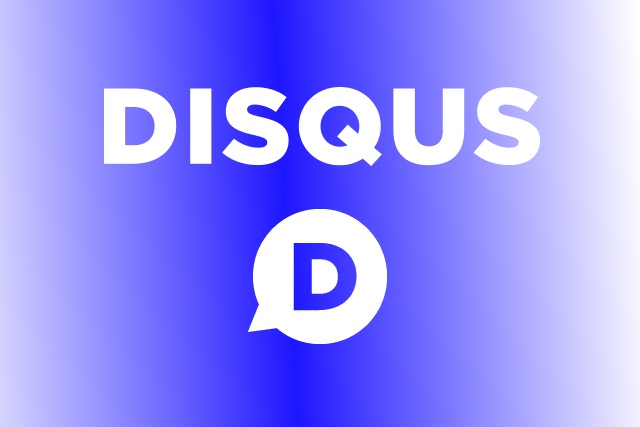
Disqus has been acquired by marketing firm Zeta Global
Interacting with BetaNews -- and countless other websites -- means making use of the Disqus commenting system. Today the firm has been acquired by "marketing technology company" Zeta Global.
Disqus says that "we still are and will remain the same Disqus that you know and use," but there will be concerns from users that the company is being taken over by one with a vested interested in marketing and, therefore, user data.
